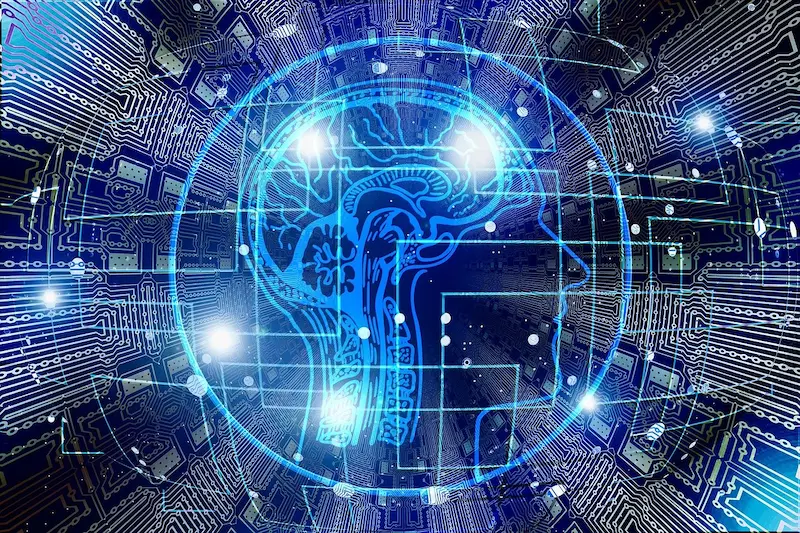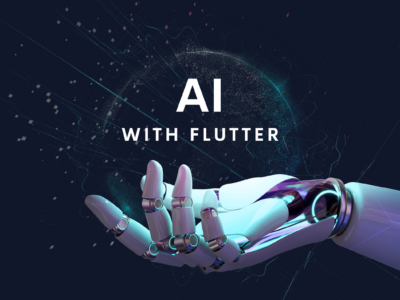
Understanding Artificial Intelligence: An Overview
What is Artificial Intelligence?
Artificial Intelligence (AI) is a branch of computer science that focuses on the development of algorithms and computer programs that can perform tasks that typically require human intelligence, such as visual perception, speech recognition, decision-making, and language translation.
History of Artificial Intelligence:
The history of Artificial Intelligence dates back to the mid-20th century, when the first AI research was conducted. In 1956, a group of researchers gathered at Dartmouth College to discuss the possibility of building “thinking machines”. This marked the beginning of AI as a field of study and research. Since then, AI has come a long way and has made significant progress in many areas, including computer vision, natural language processing, and robotics.
Types of Artificial Intelligence:

There are three main types of AI, namely, narrow or weak AI, general or strong AI, and super AI.
Narrow or weak AI: This type of AI is designed to perform specific tasks, such as image recognition or playing chess.
General or strong AI: This type of AI is designed to perform any intellectual task that a human can.
Super AI: This type of AI refers to a hypothetical AI that has the ability to surpass human intelligence in every aspect.
Applications of Artificial Intelligence:
Artificial Intelligence has a wide range of applications in various industries, including healthcare, finance, and retail. Some of the most common applications of AI are:
Healthcare: AI is used in healthcare to develop personalized treatment plans, diagnose diseases, and improve patient outcomes.
Finance: AI is used in finance to detect fraud, analyze financial data, and automate financial processes.
Retail: AI is used in retail to personalize customer experiences, improve supply chain management, and enhance product recommendations.
Benefits of Artificial Intelligence:
The use of AI in various industries has brought numerous benefits, including improved accuracy, increased efficiency, and reduced costs. Some of the most notable benefits of AI are:
Improved accuracy: AI algorithms can analyze large amounts of data with high accuracy and make more informed decisions.
Increased efficiency: AI algorithms can perform repetitive tasks faster and with greater efficiency, freeing up time for human workers to focus on more complex tasks.
Reduced costs: AI can automate many tasks, reducing the need for human labor and reducing costs for businesses.
Challenges of Artificial Intelligence:
Despite the many benefits of AI, there are also some challenges that need to be addressed. Some of the most significant challenges of AI are:
Bias: AI algorithms can be biased if the training data is biased, leading to unfair and incorrect decisions.
Job displacement: AI algorithms can automate many tasks, leading to job displacement for human workers.
Safety: AI algorithms can be dangerous if they are not properly controlled, for example, self-driving cars can cause accidents if the AI algorithms are not properly designed.
Conclusion:
In conclusion, Artificial Intelligence is a rapidly evolving field that has already brought numerous benefits and has the potential to bring even more in the future. However, it is important to address the challenges of AI and ensure that it is used responsibly and ethically. As AI continues to advance, it is essential to continue to research and develop AI algorithms and systems that can benefit society and improve the human experience.
What's your reaction?
Excited
0 Happy
0 In Love
0 Not Sure
0 Silly
0









